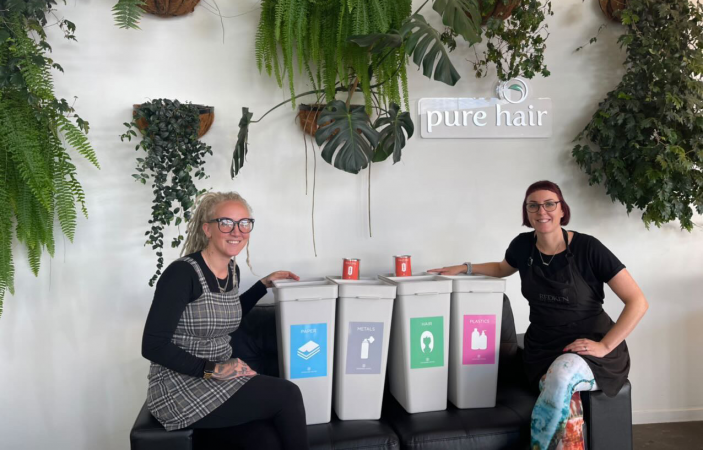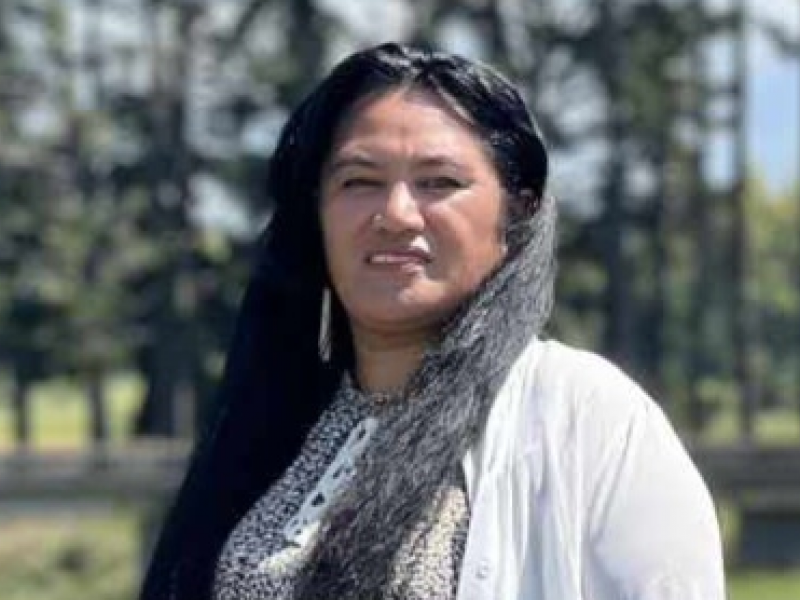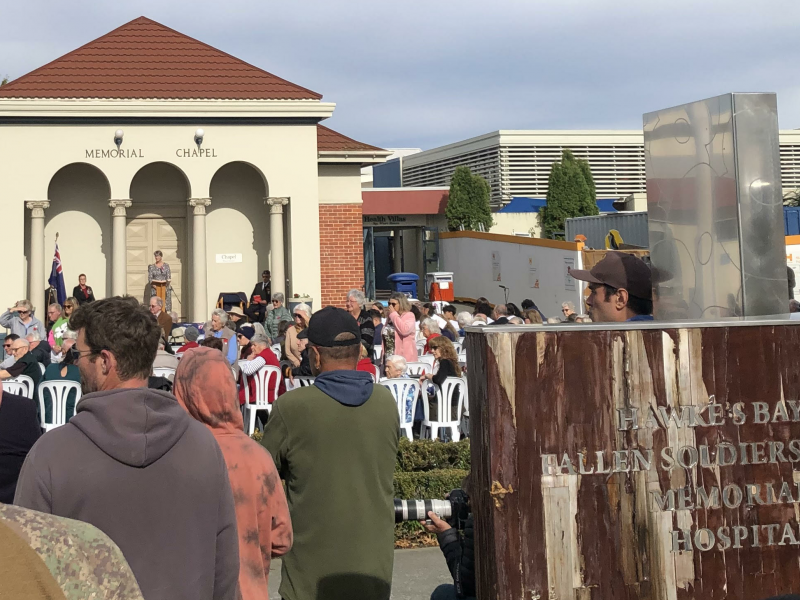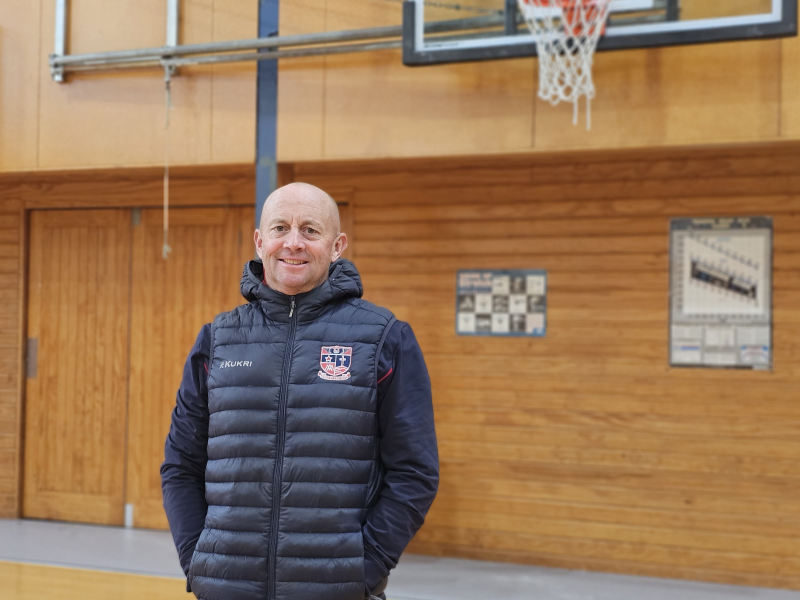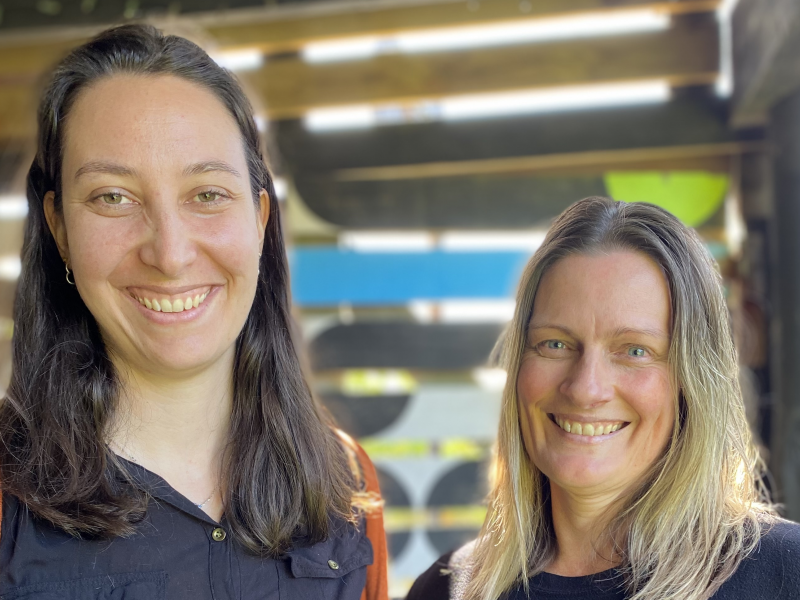Pure Hair becomes Hawke's Bay's first Sustainable Salon
The first Hawke’s Bay salon to sign up to a sustainable initiative hope others in the region will consider reducing their impact on the environment.
Pure Hair Salon has teamed up with Sustainable Salons – a resource recovery program designed to help salons achieve zero waste, reduce their carbon footprint, and implement sustainable work practices that benefit the local community.
Kelly McKenzie, who has co-owned Pure Hair since 2007 with Leanne Kommeren, says they are super excited to be the first salon in Hawke’s Bay to become a partner with Sustainable Salons.
“We hope this will lead the way for more salons in Hawkes Bay to sign up to this amazing initiative.”
Becoming a sustainable salon has been a goal for Pure Hair for some time as Sustainable Salon’s core values and drive to leave minimal impact on the environment aligns with their own mantra, Kelly says.
Founded in 2015, and launched in New Zealand in 2018, Sustainable Salons specialises in collecting up to 95 per cent of the salon bin and redirecting all material for reuse, recycling, and repurposing solutions.
However, the opportunity for Pure Hair to sign up only recently became available when Sustainable Salons began offering support to smaller areas around the country.
Becoming a sustainable salon has seen them make a number of changes to the way they operate the salon.
The most noticeable change is that they now have specific rubbish bins for almost every type of salon waste.
Hair, metals, paper and plastic are now sorted in these bins daily and every two weeks the bags are tied up and placed in one giant reusable bag which is picked up by a courier and taken back to the Sustainable Salons’ headquarters to be recycled.
Plastic product bottles, packaging and bags are recycled into new products.
Leftover chemicals will be recycled into water and used in construction/roadworks,
Cut off hair will support charitable causes such as oil spill clean up projects and local community gardens.
Metal waste (colour tubes, foils, razor blades), paper, cardboard, are all sold for recycling and the money is donated to not-for-profit community-based organisations like Kiwiharvest who provide meals to those in need.
Once their tools reach the end of their salon life, they will get broken down and all valuable parts will be repurposed.
People can also donate ponytails to be made into wigs for people with cancer and alopecia.
“We welcome anyone who is interested or wants to know more about Sustainable Salons and how we are now taking the steps to make our salon waste history, to come into the salon and have a read of the flip chart that explains all about it,” Kelly says.

